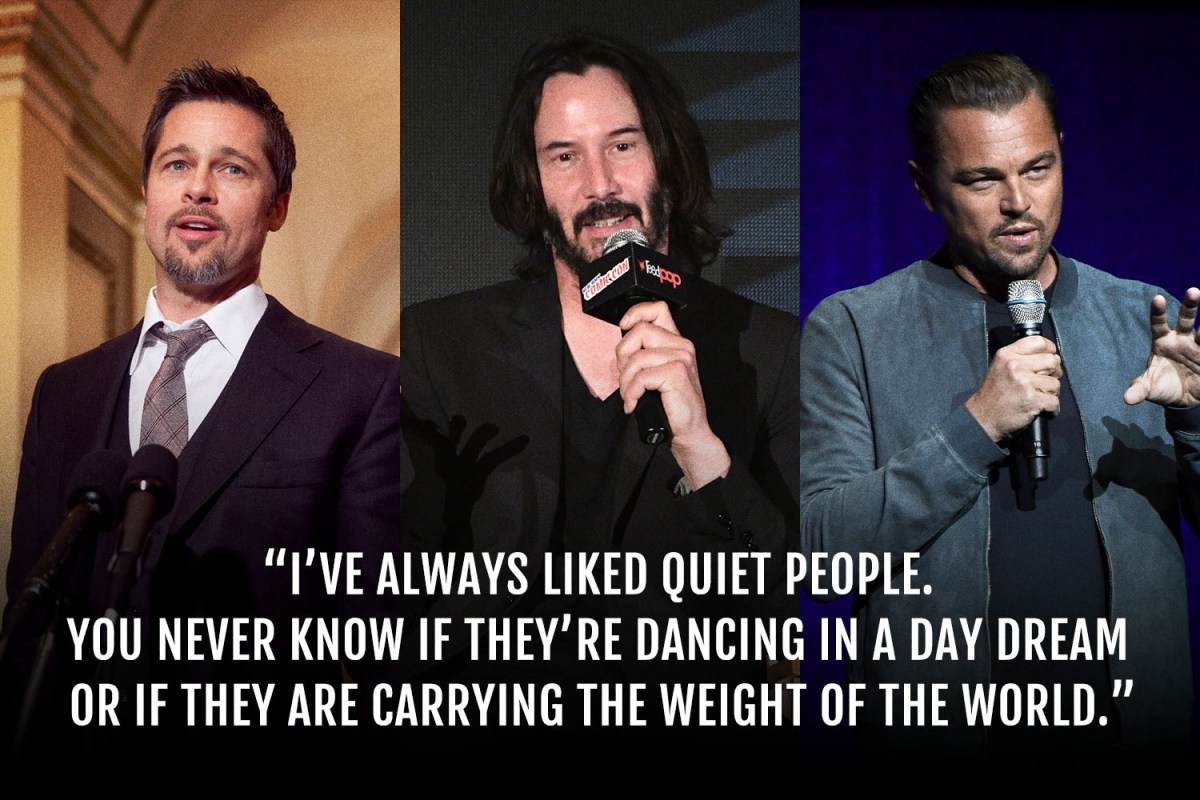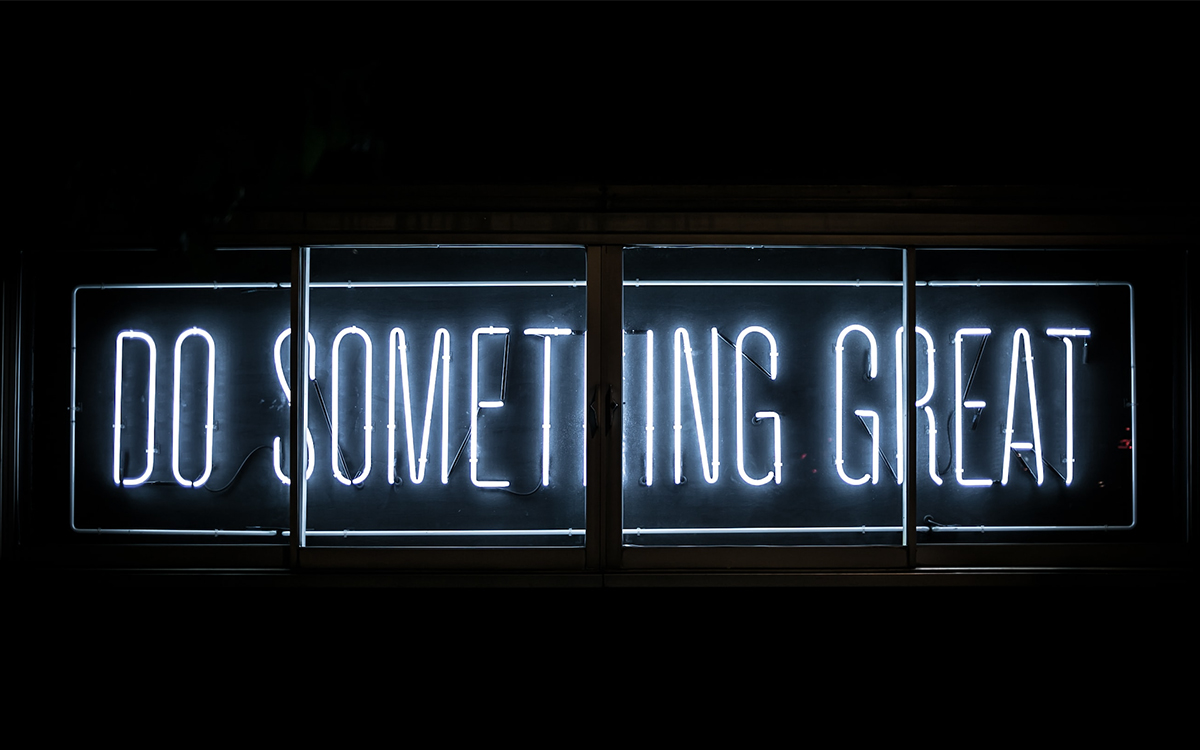I met a pair of adventure photographers from Vancouver a few years ago. They’d quit their jobs as line cooks at Five Guys to take pictures of swimming holes around the world, and they checked their phones obsessively throughout the day for likes, comments and follows. Once, on a Bay Area hike, they apparently bumped into a top Instagram executive. “We pinned him against a tree and demanded he explain the algorithm,” one of them told me. I’m not entirely sure he was joking.
By Instagram’s own account, the platform doesn’t have a mythic, master algorithm. It shifted from “reverse-chronological” to a “curated content” feed back in 2016, based on a calculation known as score of interest. These days, a scroller more or less controls what pops up into his or her feed based on photo/video preference, how relevant various accounts are (determined by their similarity to other posts someone has clicked on) and your individual level of engagement. If you go so far as to like or comment on posts, you can expect more of the same down the line.
There are countless guides online dedicated to helping content creators — adventure photographers, bikini influencers, quarantine cooks, what have you — “survive and outsmart” this algorithm. The advice usually boils down to: better photos, more videos, consistent stories, conversation-starting captions, lots of hashtags and posting at “peak” times throughout the day. The reality, though, is that there are no guarantees. It’s more of a crapshoot than a code-cracker.
Recently, I’ve fallen headfirst down a blackhole in the algorithm, into an utterly bizarre world of posters determined to make it big on Instagram by encouraging their followers to make it big in life. These people (and they actually are people, I can confirm) all follow a playbook that’s philosophically and aesthetically identical: daily posts urging followers to optimize their lives and become millionaires, delivered via cryptic — and quite obviously fake — advice from A-list celebrities.
At this point, these accounts have little difficulty populating my feed, because I click on their posts every single time with an interest that owes in equal part to amusement and incredulity. I decided early on that I was tickled by this unexpected corner of social media, namely because the people creating it have zero regard for plagiarism, elementary fact-checking or image copyright laws. Every day, a celebrity is said to have said something that he certainly never said, all in the name of Joe Instagram making an extra buck.
The protagonists of these posts vary from one account to another, but there are some clear favorites: Tom Hardy, Leonardo DiCaprio, Idris Elba, Cillian Murphy, Mark Wahlberg, Will Smith, Keanu Reeves, The Rock. When the script deviates from movie stars, it invariably turns to tech moguls (Elon Musk) historical figures (Winston Churchill) or fictional characters (DiCaprio’s Jordan Belfort).
Attached to each visage is a quote written in a bold, san-serif font, which offers an apparently universal adage on how to A) turn your life around and B) start monetizing it. I have some favorites. There’s this classic from Reeves: “Some people think I’m unhappy, but I am not. I just appreciate silence in a world that never stops talking.” And an absolute game-changer here from DiCaprio: “If you have the power to eat alone at the restaurant or sit alone in a cinema hall then you can do anything in life.”
Underneath these posts, the account owner generally places a flurry of brain and rocket-ship emojis alongside lines like “Save this post as a reminder,” “Double tap if you agree,” and “Read that again!” It would appear that a lot of people on Instagram do agree — while some of these posts flop, dragging in just a couple hundred likes, other accrue more than 75,000. To be sure, a good portion of that activity is coming from “bots” (statisticians can’t agree on what percentage of the app is comprised of fraudulent accounts, though surveys have concluded it’s anywhere from 13-45%). But the rest is a smorgasbord of real, impressionable people — the sort who are in the process of figuring their lives out. While older demographics have definitely made inroads on the app in recent years, 70% of accounts still belong to people between the ages of 13 and 34.
What are these accounts called? There are dozens of them, but here’s an abbreviated list:
- @hustle.for.greatness
- @incomepapi
- @goldenrulesz
- @thesavvysidehustler
- @worldtop_motivation
- @book.of.leaders
- @businessmastership
- @millionaireproducer
From one perspective, this micro-movement vacillates between harmless and hilarious. It calls to mind the Abraham Lincoln “quote” that’s made its way around the worldwide web for the last 10 years: “Don’t believe everything you read on the internet just because there’s a picture with a quote next to it.” If people can’t figure out that Christian Bale doesn’t spend his press tours dropping Confucian soundbites on how 20-somethings should get better at saving their money, then that’s their problem, right?
But remember that memes, regardless of their intent, have become an unstoppable “vehicle for misinformation.” Inadequate media literacy has shown us its capacity to impact everything from consumer trends to political races. When words are packaged alongside a globally recognizable face, they carry a little extra oomph — especially when we associate that face with “success.” These are men with lots of money, attractive partners and desirable physiques (notice how many action stars are used to cement the message?).
Forget the fact that these celebrities (alive or dead, even the Churchill quote above is fabricated) have never actually said any of this stuff. Society made its peace with misappropriating words and actions to people in the public sphere ages ago. The larger issue at play is the strange brand of “lone wolf entrepreneurship” that all these accounts are advocating to their followers. Above all, these accounts prize the idea that someone (a man) should lock himself in a room for six months, “do a ton of deep work” and “99% of his problems will be automatically solved.”
In other words: no excuses, make your millions. There’s a Shia LaBeouf post, because of course, that sums the concept up well: “Nobody knew I was getting a new car until I pulled up on them. Nobody knew I got another job until they saw my work badge. Nobody knew I was moving until I got my house keys. Moral of the story? Move in silence.” A Tom Holland photo drives the message home: “Use your 20s. People who waste their 20s will hate themselves during their 30s. Get fit. Learn to sell. Build your habits. Learn profitable skills. Learn a second language. You’ll make mistakes. But no one cares because you’re still young. This is your UNFAIR advantage.”
I reached out to almost all of these accounts while researching this piece. Only a few replied. One appeared confused by my queries. After I explained who I was and exactly what I was curious about, he simply said: “You wanna shoutout?” No, I did not, I replied. I tried again. “They’re very cheap at the moment buddy,” he persisted, and offered me some rates — £3 for a post, £2 for a story, £4 for both. I figured out, upon investigation, that his account uploads user-generated artwork (sometimes it’s faux-quotes from celebs, other times it’s illustrations of lifestyle changes we should all be making, such as getting better at getting out of bed), with the account tag hidden in the corner, like an artist’s signature on a painting.
At around 13,000 followers, his account isn’t monstrous, but it pops up in my explore feed constantly. He’s taking in $5 per post … for posts instructing his followers how to make money. Other accounts I corresponded with were a bit more forthcoming, and even divulged a surprising revelation. The brains behind at least some of these accounts — accounts obsessed with the life-consuming importance of one’s 20s — actually belong to teenagers. One guy introduced himself as Adhn from Sri Lanka. He’s 18, and operates multiple versions of these accounts. Another, who didn’t offer a name, shared that he’s 19 and lives in London. He wrote to me: “I’ve run a lot of different accounts in my time on this app, but this account by far has done the best for me.”
Broadly speaking, I’m not here to condemn the entrepreneurial spirit of these lads, or the entirety of the doctrine they’re telecasting to the world. Instagram has evolved into a place where people and brands (a line that’s increasingly blurred these days) gather to promote themselves, and doing so is a laborious, unreliable process that involves a ton of self-reliance. I saw it firsthand with those adventure photographers. Making something of yourself, online or out in the world, especially at a young age, requires motivation, determination and a bit of isolation. Some of the advice from these accounts — like powering through rejection or valuing wellness — is valuable, if a bit obvious.
But mixed with that is a potentially dangerous preoccupation with wealth, alongside a supremely outdated portrayal of manhood. Should you really hate yourself in your 30s if you’re not driving a Tesla? Is it more impressive to achieve a promotion or buy a house if you hid all the struggles or obstacles you inevitably encountered along the way? Openness, vulnerability, communication, failure — these are important touchstones in every single career. Keeping them tucked away in a drawer for fear of burdening others or — more concerning than that — in the hopes of dunking on your former rivals once you make a big splash probably isn’t a healthy way to live your life.
Now, that doesn’t mean you should broadcast all your struggles to the world (as far too many on social media seem inclined to). There is always merit in restraint. But you also don’t need to live your postgrad years like some sort of three-headed Elon Musk/Joe Rogan/Gary Vaynerchuk hydra in order to summon self-respect or success. I often think of the Swedish phrase lagom, which means “just the right amount.” It’s a roadmap for appreciating what you already have.
It seems likely that these posts are so successful because they represent a new variety of in-your-face self-help books — the ones with curses on the cover. Get your shit together, man! The fuck is wrong with you! In reality, though, these posts are a problematic, one-hitter distillation of the form. Idris Elba yells at you while you’re on your phone, in between gazing at your old classmate’s fabulous vacation, or thinking about buying a sweater that’s popped up in ads for three straight days now. No wonder young people are worried about money — look at student loans, rising rent, the cost of raising children, the specter of climate change. They’re easy targets for an imperfect pep talk from a familiar face.
If you come across these posts, I recommend trying to enjoy them, as I have. Definitely don’t take them to heart, and disregard the “clock-threat menace” that they artificially conjure; there is more time to achieve what you want to achieve than Instagram would have you believe. You’re also allowed to (and absolutely should) collaborate and learn from people you meet along the way. Oh, and Mark Wahlberg should never be taken seriously. If posts like these ever really start to bother you, mute them accordingly. It’s neither “beating the algorithm” nor as as satisfying as pinning a tech executive to a sequoia, but it’ll get the job done. That way you can focus on whatever job you want to get done — at your own pace.
This article was featured in the InsideHook newsletter. Sign up now.























